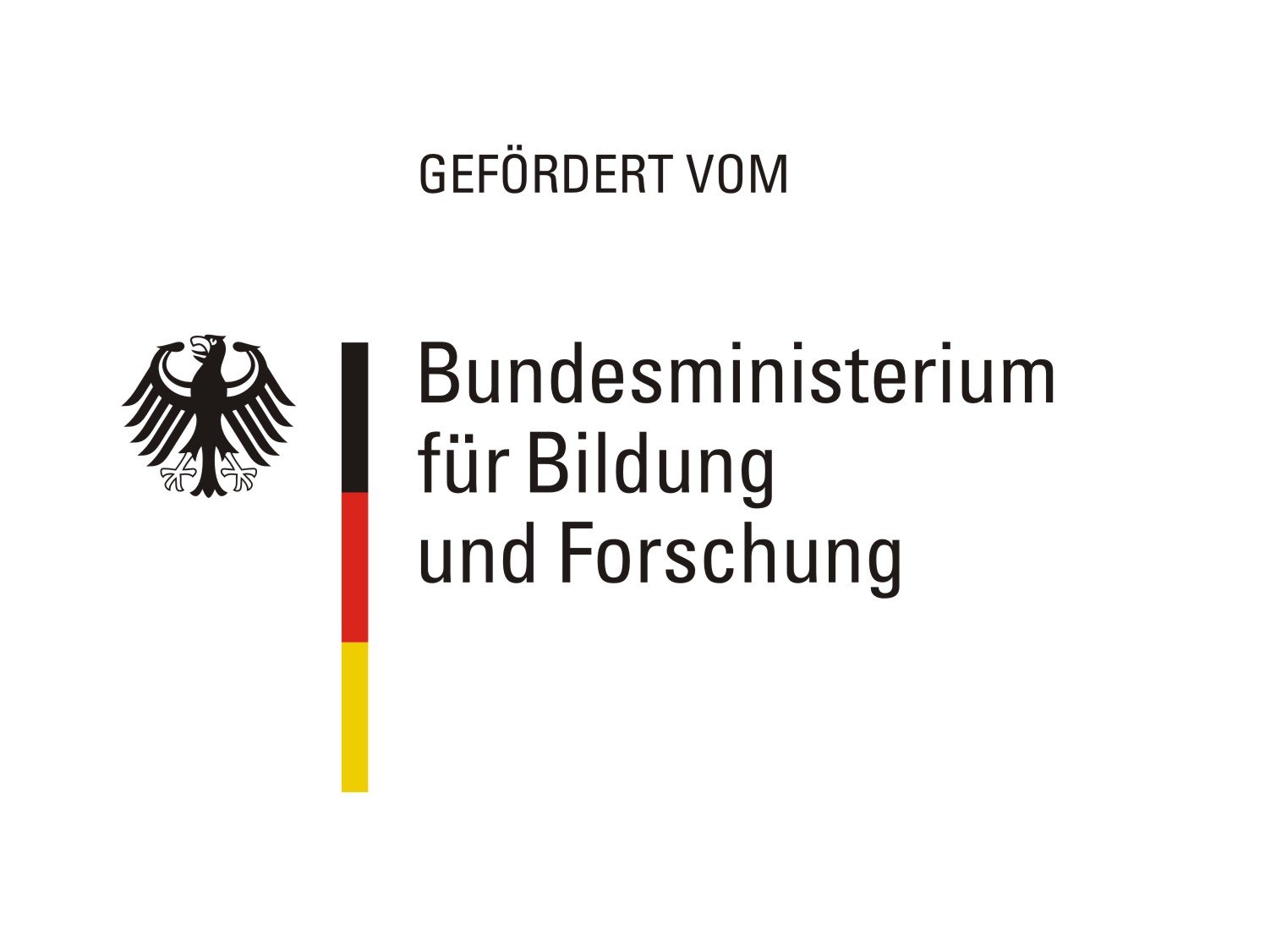Information for
international students
Information for
international students
Financing and Residence permit
Non-EU/-EEA Students have to renew their recidence permit regularily. For the residence permit you need a certificate of enrolment from the university, the registration from the authorities and valid health insurance. Proof of financing must also be provided again.
Students from the European Union, the European Economic Area and Switzerland do not need a residence permit, but they must have health insurance and be able to finance their studies.
A residence permit for the purpose of studying is usually issued for a period of two years and must always be extended before the two years run out. The extension depends on how you conduct your studies, e.g. whether you take examinations and obtain certificates. In this way the chances of completing your studies within an appropriate timeframe are assessed.
Who sponsors students?
Unlike other countries German universities do not give grants. The most important grant donor for international students is the Deutsche Akademische Austauschdienst (DAAD) (German Academic Exchange Service). However, students usually apply for a scholarship in their home country.
Other important points of contact for student funding are the foundations and organisations sponsoring talented students. They, too, offer grants for international students. The conditions differ from one institution to another and have to be asked for from them directly. It might be rather painstaking, but can be worth it!
scholarship database by DAAD Stipendiumplus organisations sponsering talented students (in German)
BAföG - state funding for students in Germany
Persons with a residence permit for the purpose of study usually do not receive benefits under BAföG. There is an exception to this rule if you or your family have been previously resident in Germany, i.e.:
▪ if you had your habitual legal residence in Germany for five years before you applied for BAföG and were also in gainful employment in Germany for that period;
▪ at least one of your parents has been in gainful employment and legally resident in Germany for three of the last six years.
You can get information from the BAföG advisory service at your Studierendenwerk. In the state of the Rhineland-Palatinate the universities provide information. Please contact these advisory centers directly for information about the extensive requirements described in BAföG.
EU-students who originally entered Germany in order to study, are not entitled to receive BAföG. However, as soon as they acquire the status of worker by taking up work or by engaging in self-employed activities, EU-students become fully entitled to support if they meet all the other requirements. Any parental income in their country of origin will be taken into account in particular.
Further information regarding BAföG can be found here.
Help in case of emergency
Unfortunately, there is little financial support for international students in Germany. Nevertheless, if you find yourself in financial distress, there are several places you can turn to for help:
The first contact point should be the social office in the Studentenwerk or the academic international offices of the university. The advisors there give information who at each university helps international students in financial difficulty.
Moreover, financial support can be applied for from the catholic or the evangelical student community of the universities. At some universities there are also private societies that support international students. Some Studentenwerke have access to emergency funds for international students or can help with a bridging loan.



